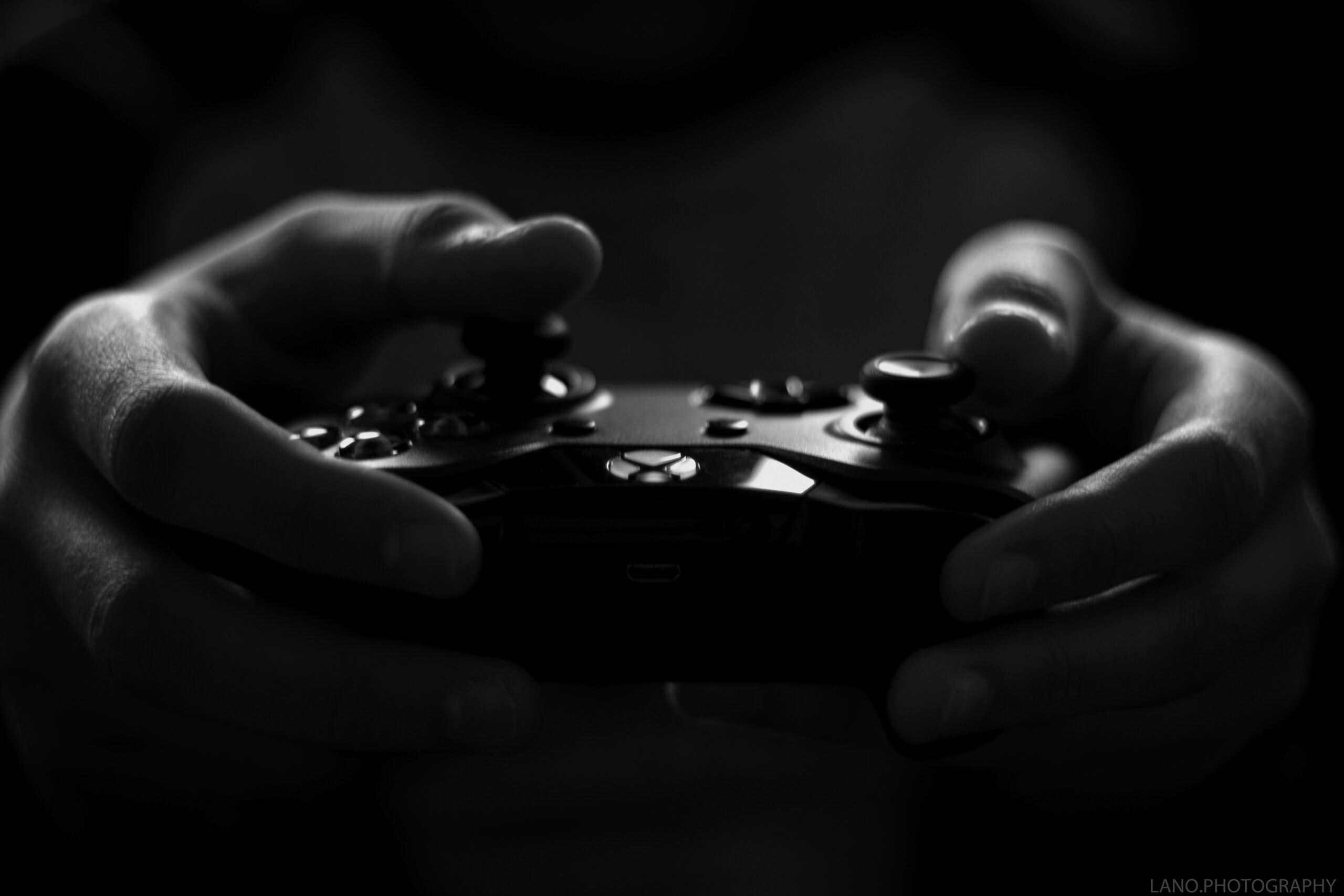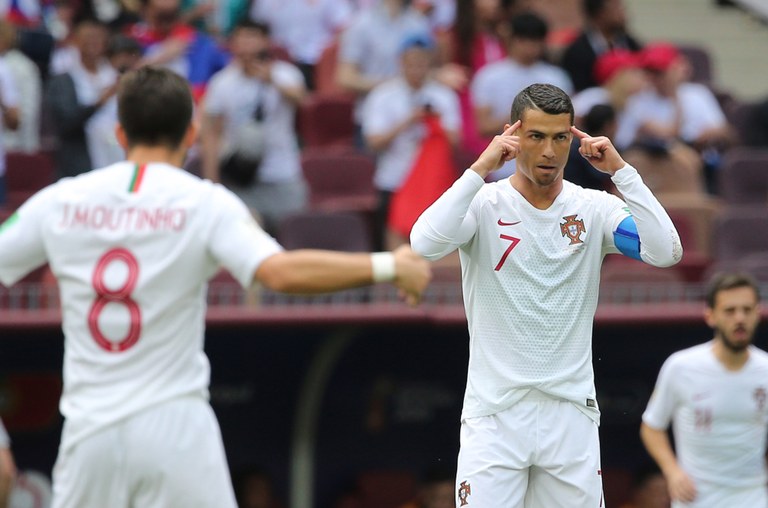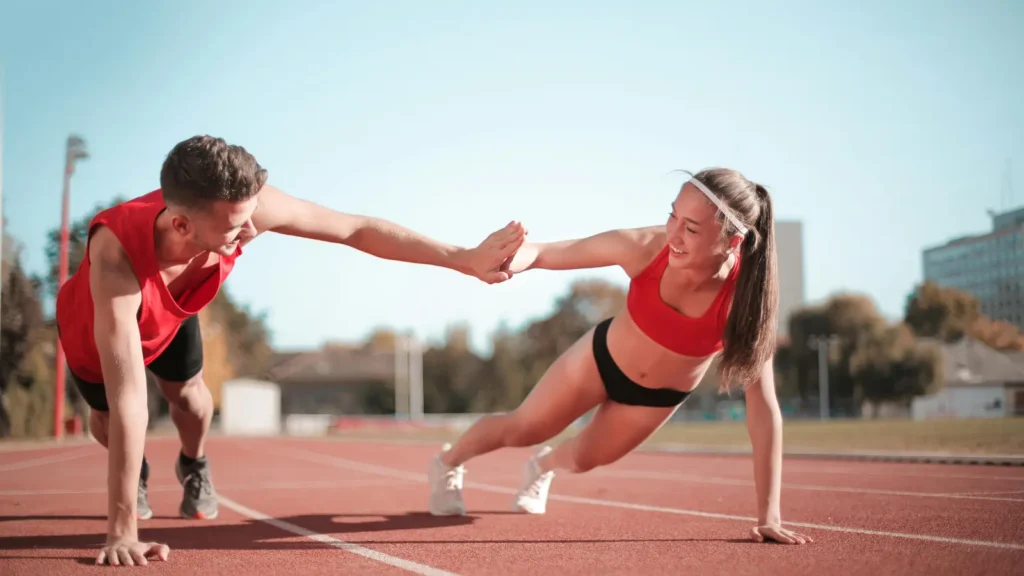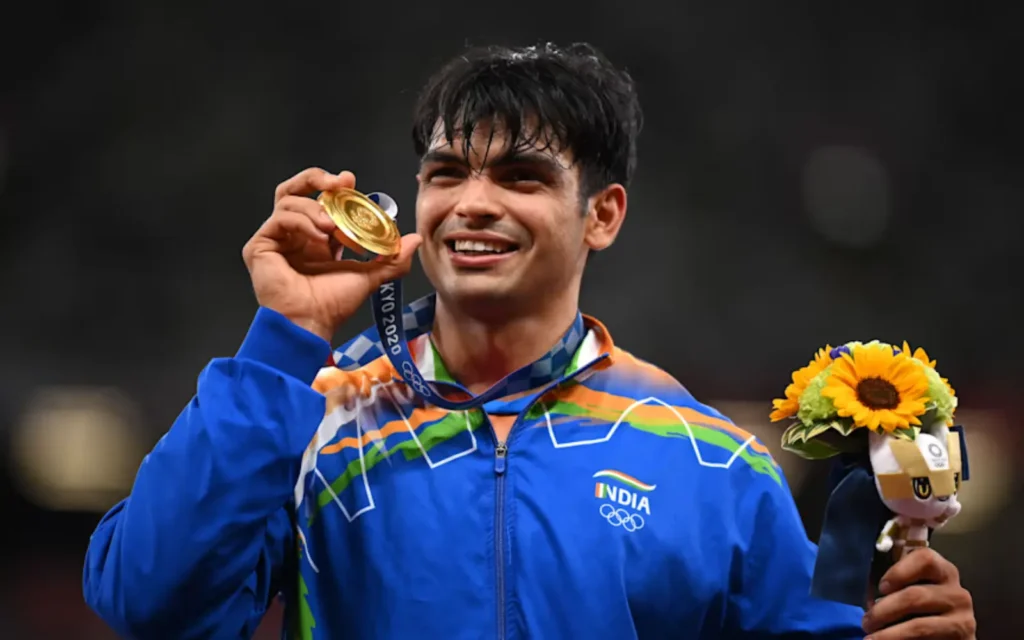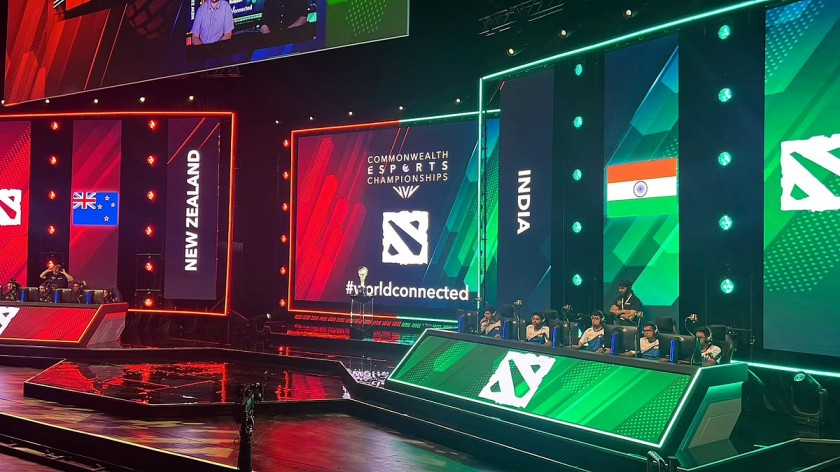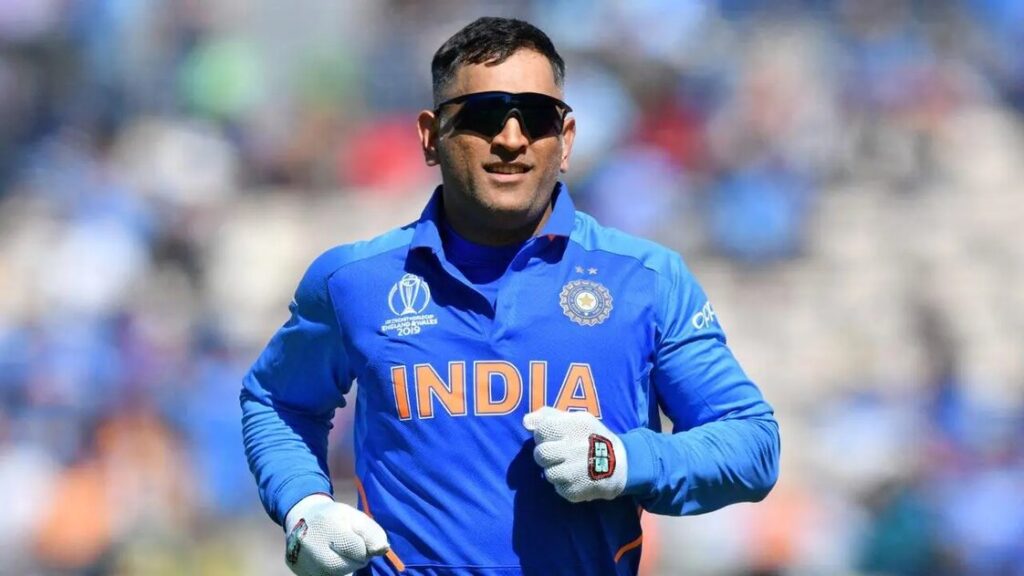In esports, sports psychologists play a crucial role in helping players stay mentally sharp and resilient. They provide support to manage stress, stay focused, and perform at their best during intense competitions. By working closely with players, these professionals ensure they have the mindset and emotional balance needed for success. Essentially, sports psychologist in Esports contribute to creating a healthier and more supportive gaming environment, helping players achieve their full potential and long-term well-being in competitive gaming.
We as sports psychologist don’t just work with elite and professional athletes, but also help regular people learn how to enjoy sports and learn to stick to an exercise program. To utilize exercise and athletics for enhancing people’s lives and well-being.

Role of Sports Psychologist in Esports
A sports psychologist in Esports is a professional with advanced training in psychology, specializing in the unique challenges and dynamics of Gaming. Their expertise spans areas like mental performance, stress management, and enhancing player well-being.
- Performance enhancement through the use of psychological skills training, and performance improvement, imagery, and athlete’s self-talk.
- Issues that are specific to the psychological well-being of Esports athletes.
- Working with the organizations and systems that are present in Esport settings.
- Social and developmental factors that influence Esport participation.
Although sports psychology is typically associated with departments of Psychology, it isn’t commonly offered in traditional psychology graduate programs. However, its importance in Esports is increasingly acknowledged due to the unique mental demands of competitive gaming.
For example, while one can obtain a graduate psychology degree with a concentration in children or substance abuse, the same has not always been said of sports psychology. Due to the rising popularity of the subject, however, some institutes have begun adding sports psychology as a specific concentration, with the possibility that more will follow suit in the future.
Credentials Needed as Sports Psychologist in Esports
At the present time, the credentials are needed beyond interest in order to practice sports psychology is master’s degree. Ethically and practically speaking, you should have expertise in the above-mentioned areas.
Individuals offering sport psychology services would have to adhere to the standards set forth in this proficiency. Otherwise, they could risk being in violation of ethical guidelines.
Although accreditation is not necessary, it does not mean that there are no benefits to becoming a certified sports psychologist. There are many organizations offering to certify individuals. One of these organizations is the Association for Applied Sports Psychology (AASP). Designated as a Certified Consultant, AASP carries the benefit of the possibility of being listed on the United States Olympic Committee (USOC) Sports Psychology Registry.
How to Become a Sports Psychologist in Esports?
Two basic qualifications are needed in order to become anything in life: Education and Experience. This holds true for becoming a sports psychologist as well. Apart from those, most important is basic understanding of the Esport or Game the athlete consults for.
- The educational opportunities for working as a sports psychologist are limited. Perhaps the best way to get into a top graduate program is to go to a school that offers some formalized experience in the field.
- If your school doesn’t have a sports psychology major, we recommend that you stick with a psychology major and try to get on-field experience in all means necessary.

Careers as Sports Psychologist in Esports
Becoming a sports psychologist could be an exciting career choice for many psychology students, especially those who have a strong interest in Esports and physical activity. The American Psychological Association describes sports psychology as a “hot career,” suggesting that those working in university athletic departments.
Only you can decide if a sports psychologist in Esports career is suited to your needs, interests, talents, and goals. If you dislike Esports or exercise, this career is probably not for you. But if you enjoy helping people achieve their full potential, solving complex problems and working as part of a team, this field might be an ideal match for you.
Benefits of a Career in Sports Psychology
- Sports psychologists in Esports often work as part of a collaborative team.
- There are diverse career paths and specialization opportunities (i.e. teaching, youth sports, professional athletics training).
- It can be a fun, challenging and exciting job.
Downsides of a Career in Sports Psychology
- The emphasis on teamwork may be difficult for independent-minded individuals.
- Requires extensive education, training, and experience.
- Opportunities are generally more limited for bachelor’s and master’s degree-holders.
Experience of Esports Psychologist
In the realm of esports and gaming, gaining direct access to athletes can pose a significant challenge in sports psychology. To navigate this, it’s essential to collaborate with a supervisor well-versed in esports psychology and seek opportunities to engage with players.
One avenue is to connect with athletic directors or coaches who are open to supporting your work. Certain internship programs incorporate esports psychology into their formal training, providing valuable hands-on experience. While established professionals often cater to elite athletes, starting with amateur and collegiate gamers offers invaluable insights.
Additionally, writing about your experiences not only helps develop your expertise but also showcases your achievements to a wider audience.
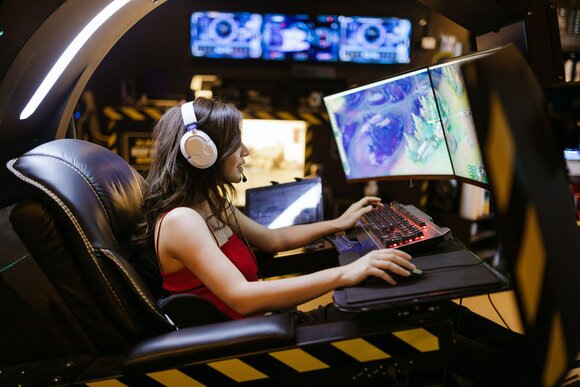
Mental Skills Training in Esports
Contemporary sports psychology is a diverse field. There are a number of different topics that are of special interest to sports psychologist in Esports. Some professionals focus on a specific area, while others study a wide range of techniques such as-
Attentional Focus
Attentional focus involves the ability to tune out distractions, such as a crowd of screaming fans, and focus attention on the task at hand. This allows athletes to manage their mental focus even in the face of other things that are vying for attention.
Common strategies that might be used include things like deep breathing to help focus attention, paying attention to bodily signals and sensations, and mindfulness to help stay focused on the present moment.
Visualization and Goal-Setting
This involves visualizing performing a task, such as participating in an athletic event or successfully performing a particular skill. This area of sports psychology is centered on helping athletes mentally prepare for a performance or competition.
Visualization involves creating a mental image of what you “intend” to happen. Athletes can use these skills to envision the outcome they are pursuing. They might visualize themselves winning an event or performing a difficult movement. It can also be useful for helping athletes feel calmer and more focused before an event.
Motivation and Team-Building
Some sports psychologists work with professional athletes and coaches to improve performance and increase motivation. A major subject in sports psychology, the study of motivation looks at both extrinsic and intrinsic motivators.
Extrinsic vs. Intrinsic Motivators
Extrinsic motivators are external rewards, such as trophies, money, medals, or social recognition. Intrinsic motivators arise from within, such as a personal desire to win or the sense of pride that comes from performing a skill.
Team building is also an important topic in this field. Sports psychologist in Esports might work with coaches and athletes to help them develop a sense of comradery and assist them in working together efficiently and effectively.
Anxiety
Professional sports psychologists often help athletes cope with the intense pressure that comes from competition. This often involves finding ways to reduce performance anxiety and combat burnout.
It isn’t uncommon for athletes to get nervous before a game, performance, or competition. These nerves can have an impact on performance, so learning tactics to help stay calm are important for helping athletes perform their best. Tactics that might be the focus of this area include things like relaxation techniques, changing negative thoughts, building self-confidence, and findings distractions to reduce the focus on anxiety.
Rehabilitation
Another important focus of sports psychology is on helping athletes recover and return to their sport after an injury. A sports injury can lead people to experience emotional reactions in addition to their physical injury, which can include feelings of anger, frustration, hopelessness, and fear.
Sports psychologists work with people to help them mentally cope with the recovery process and restore their confidence once they are ready to return to their sport.
In conclusion, like all careers the field of sports psychology has its advantages and disadvantages. Before you decide if this career is right for you, spend some time learning more about sports psychologist in Esports. Explore your options by taking an introductory course on the subject and weigh your choices carefully before you decide.

